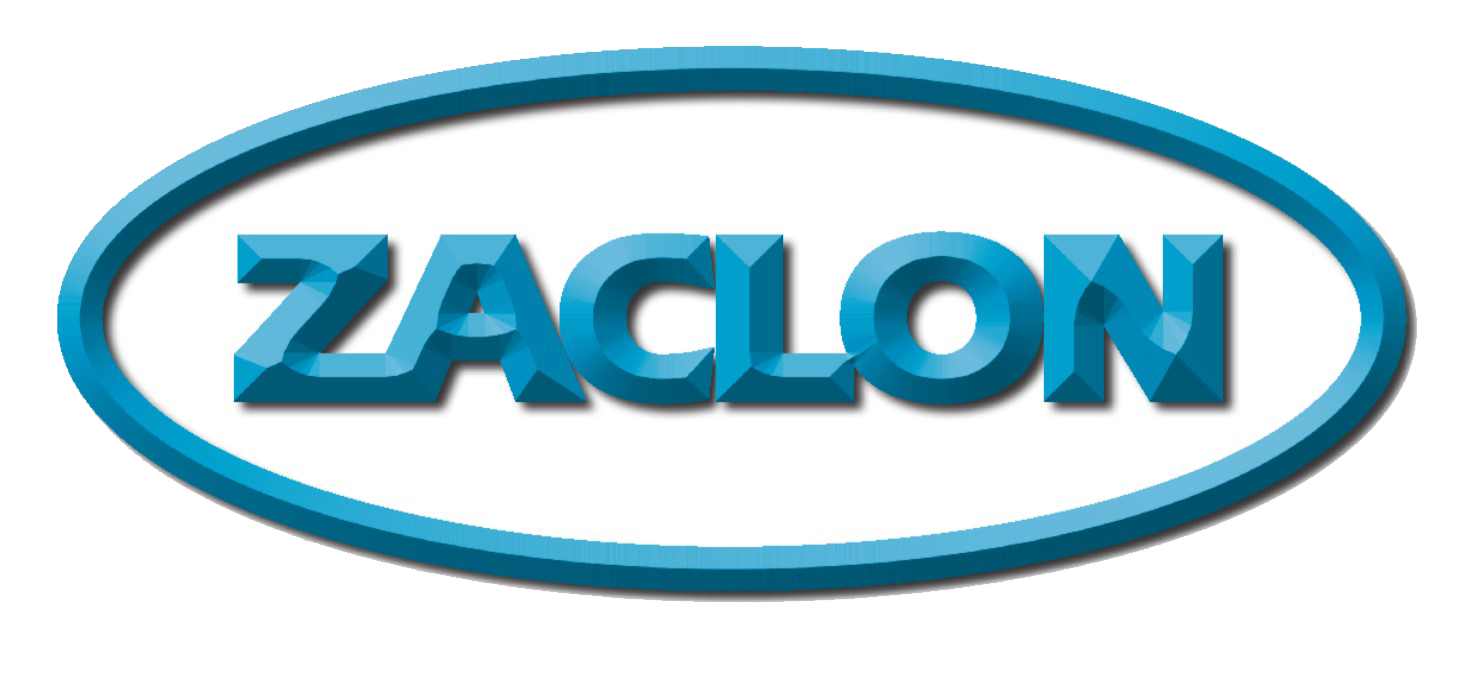Zaclon is Born
Zaclon is Born!
Inspired by the concept of operating DuPont’s Cleveland Plant as a standalone small business, the MTP (Management Training Process) team turned its attention to determining what that really meant and how far DuPont would go to implement the concept. The team determined that three key elements which could led to success were:
- Hiring their own sales force.
- Incentivizing all employees through a profit sharing and bonus plan.
- Shedding DuPont corporate overhead costs related to numerous corporate mandates and objectives.
Armed with these needs, Joe Turgeon (Product Manager), Stu Schenk (Cleveland Plant Manager), and Jim Krimmel (Cleveland Operations Manager) traveled to Wilmington Delaware to convince DuPont management of these needs and to present the resulting economic projections for the Cleveland plant. The team met with limited success.
Sales Force - The MTP team felt strongly that the sales effort being put forth by the DuPont marketing division was too diluted and lacking in focus. As Joe Turgeon put it, “What we have is a bunch of “one percenters” who might call on a Cleveland Plant customer on their way to a “real” account buying titanium dioxide or another of DuPont’s large volume products.” Cleveland Plant customers, mainly in the galvanizing and welding rod industries, while important, did not generate the kinds of sales revenue favored by DuPont. The team wanted to fire DuPont Marketing and hire their own dedicated salesmen whose portfolio consisted solely of Cleveland Plant products.
Dupont management balked at this suggestion. But what they did allow was for the team to hand pick 2 – 3 salesmen from the DuPont marketing division who would be dedicated to the Cleveland Plant products as their sole portfolio. The team accepted this counter proposal and selected Bob Stephen of DuPont’s Cleveland sales group, Jerry Mitten of DuPont’s Chicago sales group, and Jim Cole of DuPont’s Wilmington technical sales support group. All three of these salesmen were familiar with the Cleveland Plant products – but not dedicated to the products.
Profit Sharing – The team felt strongly that every employee of the enterprise should have a stake in the Cleveland Plant’s success (or failure) through a profit sharing or bonus system. The system should be simple and tied to the fortunes of the plant. DuPont had a complex bonus plan for upper management salaried employees but the plan did not extend to lower leveled salary nor hourly employees.
DuPont management would not allow the team to implement their own compensation system.
Corporate Overhead - The MTP team felt that DuPont corporate mandates and programs, while noble, imposed an unreasonable burden and cost on the Cleveland Plant products. They proposed making the Cleveland Plant exempt from these programs. After much discussion, DuPont management agreed to allow the Cleveland Plant to shed many of these costs if safety and quality were not compromised. The team agreed to this compromise since they also believed that safety and quality are critical elements to success.
With these agreements and with the blessing of DuPont Management, the MTP team returned to Cleveland to begin operation as a small, independent business while operating under the DuPont umbrella. The goal was to turn around the fortunes of the plant while maintaining the high DuPont standards of safety and quality. The team began meeting monthly with all salary and hourly employees to share and develop performance metrics and to solicit participation and ideas from everyone. The sales team became focused like a laser on the Cleveland plant products. Sales calls increased, and pricing decisions were made at the local level. All plant employees embraced the mission of saving the Cleveland Plant. And it worked!
In 1986, the Cleveland Plant broke even. Recall that in 1984, the Cleveland Plant had lost over $2,000,000. Armed with this success story, Joe Turgeon and Stu Schenk were asked to meet with DuPont management in Wilmington to explain the results. The meeting took place in DuPont’s Bandywine building and included many of DuPont’s Chemicals & Pigments (C&P) upper brass. Joe and Stu presented what was done, how it was accomplished, and the financial results. They attributed much of the success to the MTP process and fully engaging all the employees. Following the presentation and a Q&A session, DuPont’s director of the Industrial Chemicals division of C&P observed “What your team has done is great but what you’ve actually demonstrated is that the Cleveland Plant should be an independent company. I would still sell it for a couple of bucks.” To this, Joe Turgeon took $2 out of his wallet and laid it in front of the director saying “SOLD!” Everyone laughed.
The next afternoon, the Director call Joe into his office and asked, “Were you serious about buying the Cleveland Plant?” Joe replied, Yes – were you serious about a couple of bucks?” The Director said, “No”. They agreed to talk further about the possibility of a management buyout. Following that call, Joe called Stu Schenk and Jim Krimmel to find out if they were interested. Stu was not, but Jim was. And thus, the buyout discussions became serious. Joe and Jim engaged Steve Ellis of Arter and Hadden (a local Cleveland law firm), and Rick Szekelli (of Arthur Young) to serve on the buyout’s negotiating team and to put together the necessary financing. DuPont assigned an in-house attorney and a Wilmington business manager to sit on the DuPont side of the table. The negotiations took several months but in early April 1987, a definitive Letter of Intent was signed. On April 3, 1987, DuPont announced the sale of the Cleveland Plant to Joe & Jim and on June 12, 1987, ZACLON WAS BORN.

